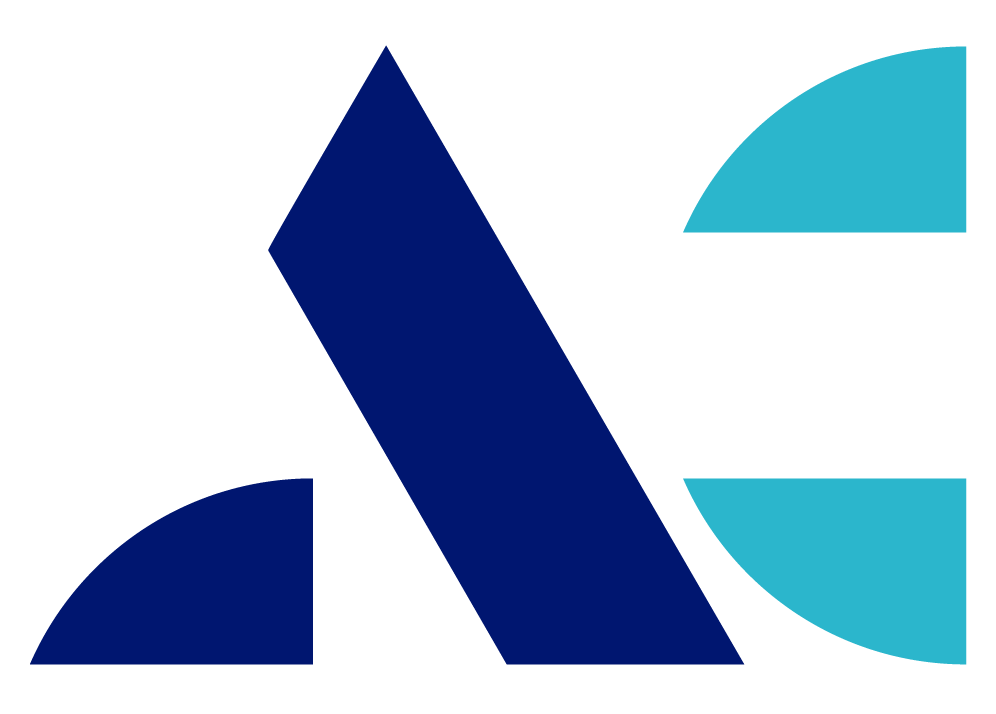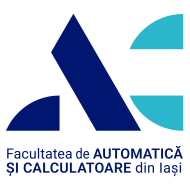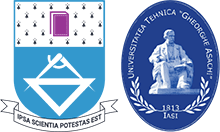The Department of Computing organises two undergraduate programs in Computer Science and Information Technology: Computer Science and, respectively, Information Technology.
The two undergraduate degree programs in Computer Science and Information Technology will have revised curricula that are student-focused and tailored to the demands of the job market as of October 2017.
In the first three years of study the subjects in the two bachelor’s programs are common, the assignment to the two specialties being done before the fourth year.
Why Computer Science and Information Technology?
Extracts from the discipline sheets for the subjects studied in Computer Science and Information Technology
Studied Disciplines
Year I
Year II
| Semester I | Semester II |
|---|
| Statistics and data processing | Algorithm design |
| Electronic devices and analog electronics | Computer architecture |
| Digital electronics | Operating systems |
| Systems theory | Programming paradigm |
| Object-oriented programming | Designing digital systems |
| Programming in assembly language | Designing object-oriented applications |
| English language (Drafting technical documentation) | European culture and civilization |
| Sport | Sport |
Year III
| Semester I | Semester I |
|---|
| Acquisition and processing of data | Economy |
| Acquisition and processing of data – Project | Software engineering |
| Databases | Formal languages and translators |
| Databases – Project | Field practice |
| Modeling and simulation | Specialized practice |
| Modeling and simulation – Project | Web Programming |
| Image processing | Microprocessor systems |
| Image Processing – Project | Graphic processing systems |
| Computer networks | Distributed systems |
| Computer networks – Project | |
| Structure and organization of computers | |
| Structure and organization of computers – Project | |
Year IV – Computer Science
| Semester I | Semester II |
|---|
| Parallel and distributed algorithms | Fault-tolerant systems |
| Artificial intelligence | Multimedia systems |
| Testing of computing systems | Marketing |
| Real-time systems | Internship for the Bachelor Project II |
| Internship for the Bachelor Project I | Developing the Bachelor project |
| Multiprocessor structures | VLSI Circuits |
| Advanced computing architectures | Input-output systems |
| Embedded systems | Cryptography and data security |
| Designing computer networks | Database design |
| Reconfigurable hardware structures | Mobile computing devices |
| Advanced operating systems | Rediscovery of information |
Year IV – Information Technology
| Semester I | Semester II |
|---|
| Parallel and distributed algorithms | Machine learning |
| Artificial intelligence | Extracting knowledge from databases |
| Software project management | Marketing |
| Service-oriented programming | Internship for the Bachelor Project I |
| Internship for the Bachelor Project I | Developing the Bachelor project |
| User interface design | Securitate informațională |
| Web application design | Human-computer interaction |
| Performance evaluation | E-commerce |
| Advanced operating systems | Database design |
| Mobile device programming | Artificial vision systems |
| Data visualization | Intelligent systems |
Teaching series
Computer Science
Information Technology
Acquired skills (listed in the supplement)
Professional competencies – Computer Science
- Operation with scientific, engineering, and computer science foundations.
- Designing hardware, software, and communication components.
- Solving problems using the tools of computer science and engineering.
- Improving the performance of hardware, software, and communication systems.
- Design, lifecycle management, integration, and integrity of hardware, software, and communication systems.
- Designing intelligent systems.
Transversal skills – Computer Science
- Honorable, responsible, ethical behavior, in the spirit of the law, to ensure the reputation of the profession.
- Identification, description, and execution of processes in project management, taking on various roles within the team, and providing a clear and concise verbal and written description, in Romanian and an international language, of the results in the field of activity.
- Demonstrating initiative and action to update professional, economic, and organizational culture knowledge.
Professional competencies – Information Technology
- Operation with scientific, engineering, and computer science foundations.
- Designing hardware, software, and communication components.
- Solving problems using the tools of computer science and engineering.
- Designing and integrating information systems using programming technologies and environments.
- Maintenance and operation of hardware, software, and communication systems.
- The use of intelligent systems.
Transversal skills – Information Technology
- Honourable, responsible, ethical behaviour, in the spirit of the law, to ensure the reputation of the profession.
- Identification, description, and execution of processes in project management, taking on various roles within the team and providing a clear and concise verbal and written description, in Romanian and in an international language, of the results in the field of activity.
- Demonstrating initiative and action to update professional, economic, and organizational culture knowledge.
Possible occupations (COR code – Classification of Occupations in Romania)
- Systems and Computer Engineer (215214)
- Computer Network Administrator (System Engineer) (252301)
- Database Administrator (252101)
- Research Assistant in Computers (215237)
- Research Assistant in Computer Science (214918)
- Software Systems Engineer (251205)
- IT Project Manager (251206)


